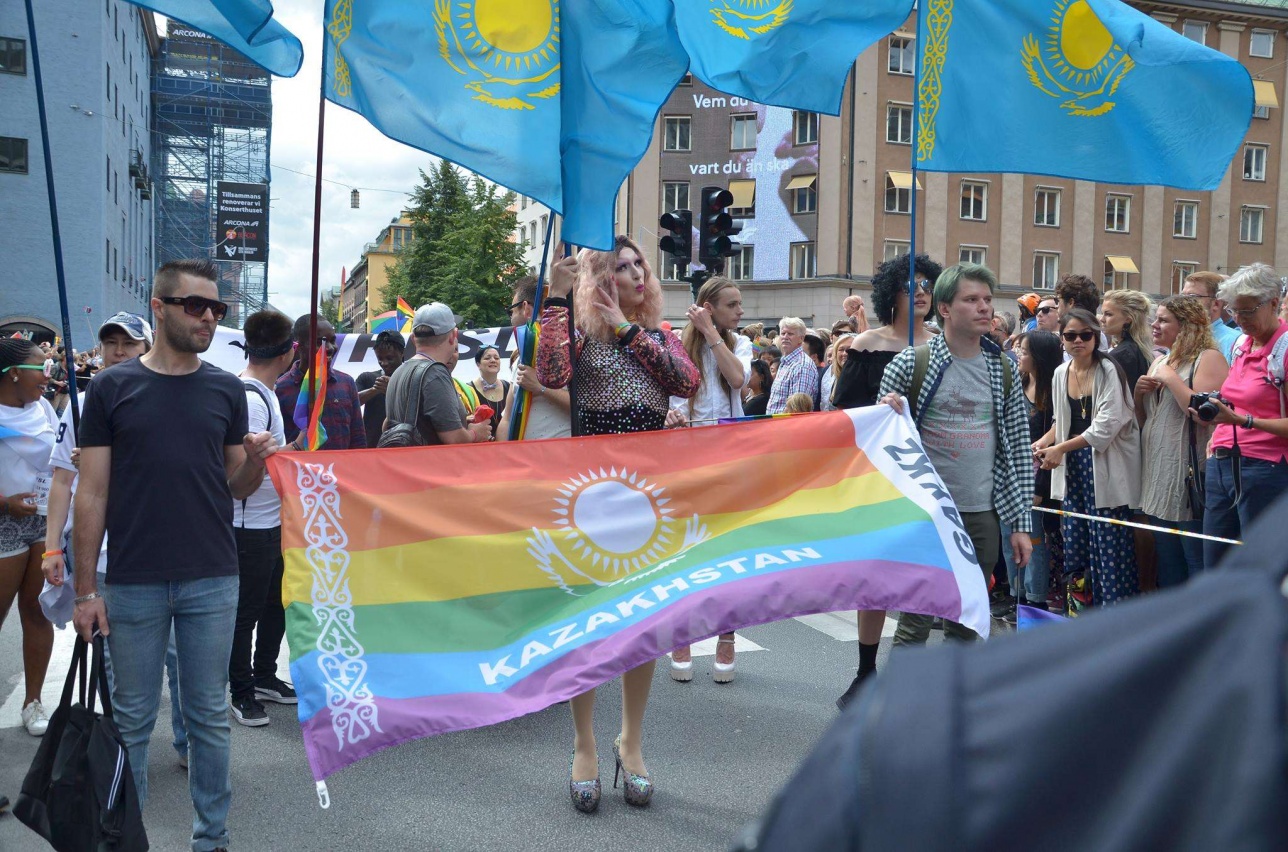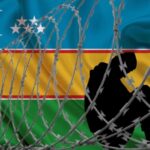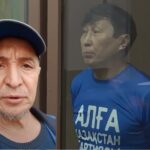Yevgeny Zhovtis was driving along a dark country road in southern
His colleagues have accused the authorities of using the traffic accident to silence a high-profile government critic just months before the country takes over the chairmanship of the Organization for Security and Cooperation in
“Because a road accident is being used as an excuse to punish him for 20 years of human rights activities, we consider Yevgeny Zhovtis to be a political prisoner”, said a statement by the Kazakhstan International Bureau for Human Rights and the Rule of Law, a nongovernmental organization led by Mr. Zhovtis. Mr. Zhovtis had also formed a Committee to monitor human rights in
A court in Almaty region, in
Thursday, the trial’s second day. It drew swift condemnation from Western
governments and international rights groups. The American Embassy in
Vitaly Voronov, Mr. Zhovtis’ lawyer, said: “The court refused to take into consideration our evidence, did not rule in favor of any of our motions, did
not question any of our experts and did not allow us to engage in debate”.
Mr. Zhovtis says he was blinded by an oncoming car’s high beams.Kazakhstan’s shoddy record on human rights – which includes a spate of arrests that critics call politically motivated – has been well documented.
President Nursultan Nazarbayev has held a near monopoly on power in the former Soviet republic since its independence in 1991. The Central Asian country has come under increased scrutiny as it prepares to assume the O.S.C.E. chairmanship tarting in 2010.
The O.S.C.E., made up of 56 countries, monitors conflict zones and promotes civil society development, among other tasks. It also requires that members adhere to certain standards of human rights and democracy.
“While the government has made some modest human rights improvements in
the past several months, the changes fall far short of what is needed to guarantee that key rights are respected,” Human Rights Watch said in a statement on the Zhovtis case”.
Ambassador Janez Lenarcic, the director of the Office for Democratic Institutions and Human Rights, the O.S.C.E.’s human rights branch, expressed worry over the Mr. Zhovtis’ sentencing in a statement, saying that international observers monitoring the trial had reported procedural rulings that may have violated Mr. Zhovtis’ right to a fair trial.
Still, it is highly unlikely that
On July 26 Mr. Zhovtis was returning from a fishing trip with three companions, traveling though a sparsely populated area outside Almaty around 10 p.m. He said he did not see Kairat Moldabayev, who for unknown reasons was in the road. Investigators established that Mr. Zhovtis had not been intoxicated at the time and that he had not exceeded the speed limit, Mr. Voronov said. Mr. Zhovtis paid Mr. Moldabayev’s relatives $15,000 in compensation, and they did not press charges.
Officials at the court in Almaty were not immediately available for comment. Mr. Voronov said the court sided with prosecutors, who argued that Mr. Zhovtis should have stopped his car when the oncoming vehicle obscured his vision with its high beams.
http://www.nytimes.com/2009/09/05/world/asia/05kazakh.html
















